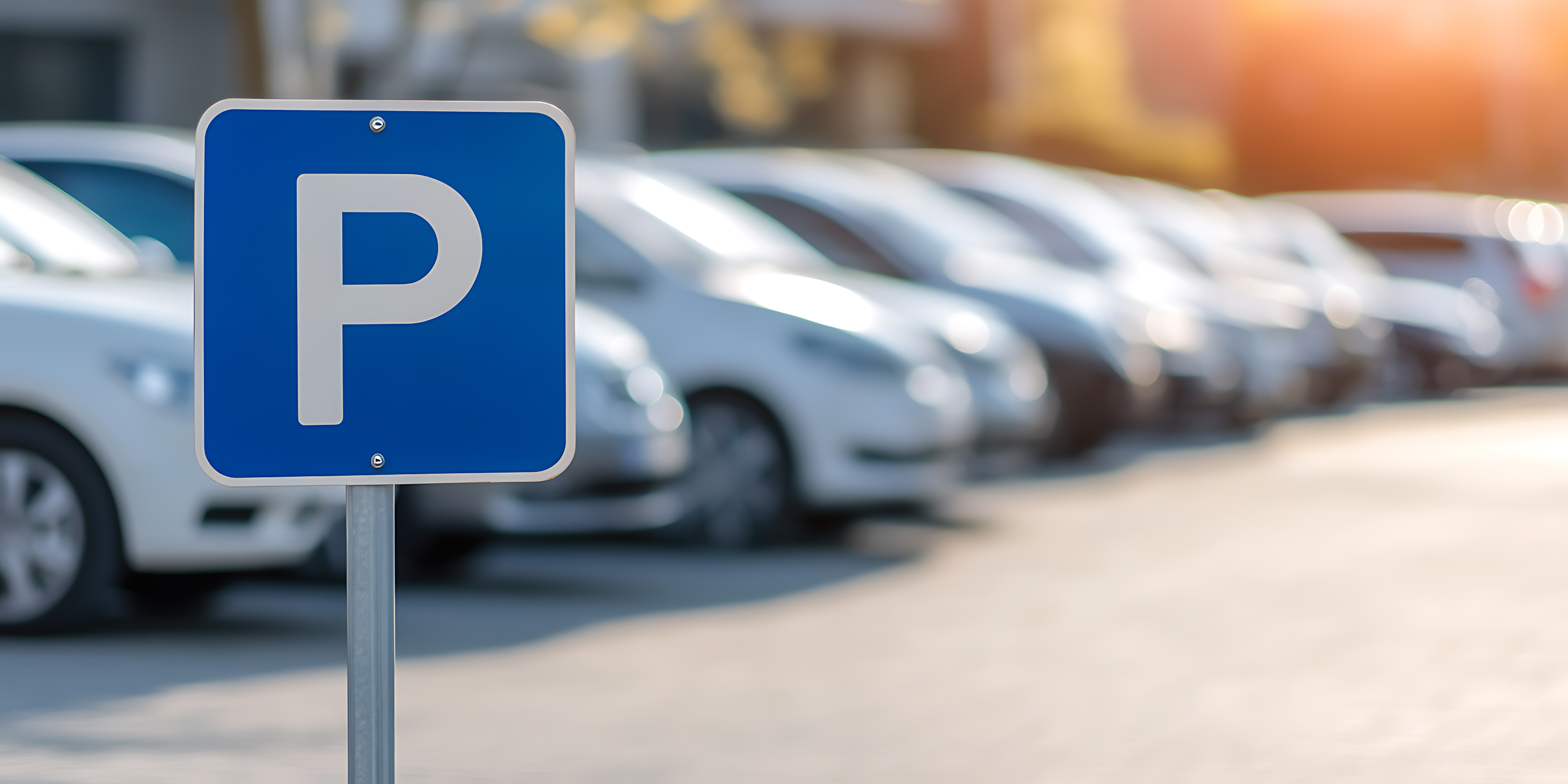Parking violations can be costly for parking violators in the form of fines, as well as for parking operators in the form of expenses and lost revenue. If long-term parkers illegally block parking spaces, there is no parking space for customers at these locations.
Illegally parked vehicles in public spaces can pose a danger to pedestrians and cyclists, or block important access routes for emergency vehicles.
How can parking operators identify parking violators?
Public and private parking enforcement is often carried out by the public order office or private enforcement companies. Staff patrols of parking areas allow direct detection of parking violations. However, this is always a random check which cannot ensure that parking violations are consistently avoided.
Particularly in areas under private law without barriers, this repeatedly leads to illegal parking.
But how can 24/7 control be guaranteed without using parking barriers? One possibility is parking space control with license plate recognition. The license plate number is read on entry and exit in compliance with data protection regulations and compared with the maximum parking time stored in the parking management software. If the maximum parking time is exceeded, the parking violation can be tracked automatically.
Tracking parking violations - but how?
If an illegally parked vehicle blocks driveways or even escape routes, in many cases a towing service must be called in to clear the blocked space.
If this is not the case, the measures to be taken are less severe: If the parking offender is parked in a private space, it is usually sufficient to issue a parking ticket. Depending on the system used to identify parking offences, the ticket is issued directly on the spot, which is the case with staff patrols, or automatically by post, as with digital parking control.
When displayed on site, it often causes displeasure and results in a complaint at one of the local shops or offices, which is also a burden on the local staff. To avoid annoyance in the parking area, postal delivery is more advisable.
How can illegal parking be avoided?
Parking violations mostly occur where parking space is scarce and only random checks are carried out.
In order to provide more parking space, it is not always necessary to offer more parking spaces; improved utilization through parking space management can improve the availability of parking space and thus prevent the problem of illegal parking, at least to a large extent. For example, parking areas of offices or supermarkets can be used for resident parking, which are usually empty outside business hours. Automated 24/7 control increases the payment morale of parkers.
Do you have questions about how to deal with parking violators in your space?
We would also be happy to advise you personally. Explain the facts by e-mail and we will get back to you.
Image source:
Frederik Merten







.png)